 You don't have to live with overwhelming credit card debt. You have options.
Getty Images
You don't have to live with overwhelming credit card debt. You have options.
Getty Images
For many Americans, credit cards have become an essential tool for everyday spending and financial management. But most cardholders aren't relying on just one. Recent data shows the average person carries about four credit cards in their wallet. While this can offer added flexibility and purchasing power, it also comes with risks, especially when balances balloon faster than you can pay them down.
If you've reached a point where even making minimum payments on your credit card debt feels impossible, it might be time to consider your debt relief options. One such strategy is credit card debt forgiveness, which involves negotiating with your creditor or a debt collector to settle for less than what you owe. In exchange for a reduced lump-sum payment, the remaining debt is wiped out.
That said, debt forgiveness isn't as straightforward as it may seem. It won't be available to everyone, and it can trigger serious drawbacks, including a steep drop in your credit score and difficulty qualifying for new credit in the future. Before moving forward, it's critical to weigh both the benefits and potential pitfalls to see if this route truly fits your financial circumstances.
Get access to the credit card debt relief you need now.
Who qualifies for credit card debt forgiveness?
When it comes to credit card debt relief, it's important to dispel a common misconception: There are no government-sponsored programs specifically designed to eliminate credit card debt. So, you should be wary of any offers claiming to represent such government initiatives, as they may be misleading or fraudulent.
However, this doesn't mean that credit card debt forgiveness is entirely out of reach. While not backed by the government, certain types of credit card debt forgiveness do exist. While it's highly improbable that a credit card issuer would completely erase your debt outside of bankruptcy proceedings, you might have the option to negotiate with your creditors for a partial reduction of your outstanding balance. In fact, nearly anyone who is having a hard time making their credit card payments could qualify for forgiveness.
How to get your credit card debt forgiven
There are a couple of ways to get your debt forgiven by credit card companies. Those include:
Debt settlement programs
Debt settlement programs are a type of debt relief service. At the start of the program, a debt relief expert will typically analyze your debts and financial position. Using this information, the expert will create an affordable, effective payment plan.
When you make your payments to the debt settlement company, they generally hold the money in a special-purpose savings account. Once you've saved enough money to settle your debts, the debt settlement company starts negotiating with your creditors in hopes of reducing your principal balance. These negotiations are often successful, resulting in significant long-term savings.
But there are some potential disadvantages to think about before signing up for one of these services. For starters, debt settlement companies do not make payments to your creditors as you save for your settlement. That will likely hurt your credit score and impact the ability to borrow for some time.
Moreover, there's no guarantee that your credit card company will accept the settlement. If they don't accept it, you could end up with a larger debt burden than you started with, and if they do, you'll likely need to pay income taxes on the amount of debt that was forgiven.
Find out how a debt relief service can help you now.
Bankruptcy
If credit card debt settlement doesn't provide enough relief, it may be time to reach out to a bankruptcy attorney. Sure, bankruptcy will likely harm your credit score and ability to borrow in the near term, but as a last resort, it's often an effective way to get out of overwhelming credit card debt. You may be able to get your debt 100% forgiven through bankruptcy, giving you the ability to restart on a clean financial slate.
Debt forgiveness may not be your only option
Debt settlement programs and bankruptcy both have the potential to result in forgiven debt, but they're also likely to have a significant impact on your credit score and your ability to borrow. But there are other options to consider, too, including:
- Debt consolidation loan: You may be able to take out a debt consolidation loan to consolidate your credit card debts at a lower interest rate. These loans usually come with fixed payment schedules, offering a clear path to payoff.
- Use your home equity: Home equity is a relatively inexpensive way to access cash when you need it, and the average American homeowner has quite a bit of it. You may be able to tap into your home's equity to consolidate your credit card debts at a lower interest rate.
- Debt management programs: Under these programs, debt relief experts use your financial data to negotiate better terms with your lenders and create payment plans to help you pay your debts off faster.
- Financial hardship programs: Many credit card companies offer financial hardship programs that could offer relief through lower interest rates and fixed payment terms. Signing up for these programs is often as simple as calling your lenders and asking for help making your payments more manageable.
The bottom line
Credit card debt can be overwhelming, but you don't have to deal with it forever. If debt consolidation loans are unavailable and debt management programs don't offer enough relief, it may be wise to use a debt settlement company to try and get a percentage of your debt forgiven. But if debt settlement doesn't provide enough relief, it may be time to file bankruptcy and restart on a clean financial slate.
This story has been updated to clarify the difference between debt management and debt consolidation programs.
Edited by Angelica Leicht

.jpeg)
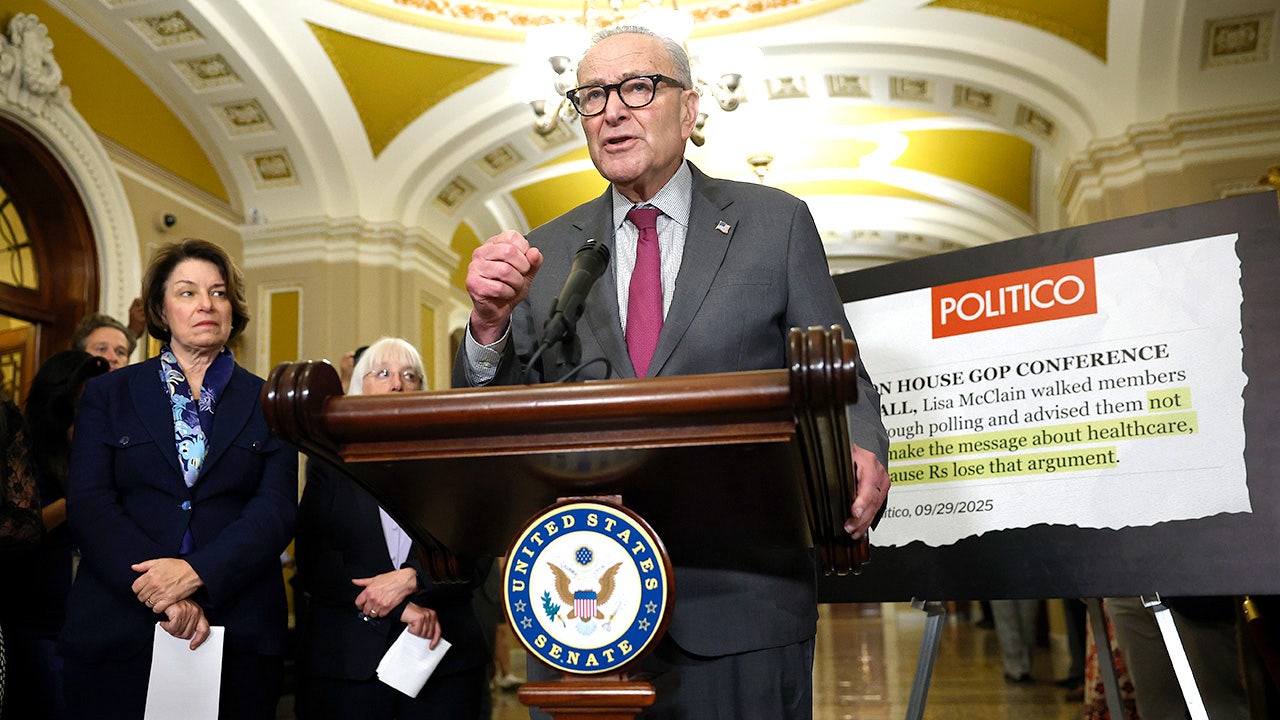


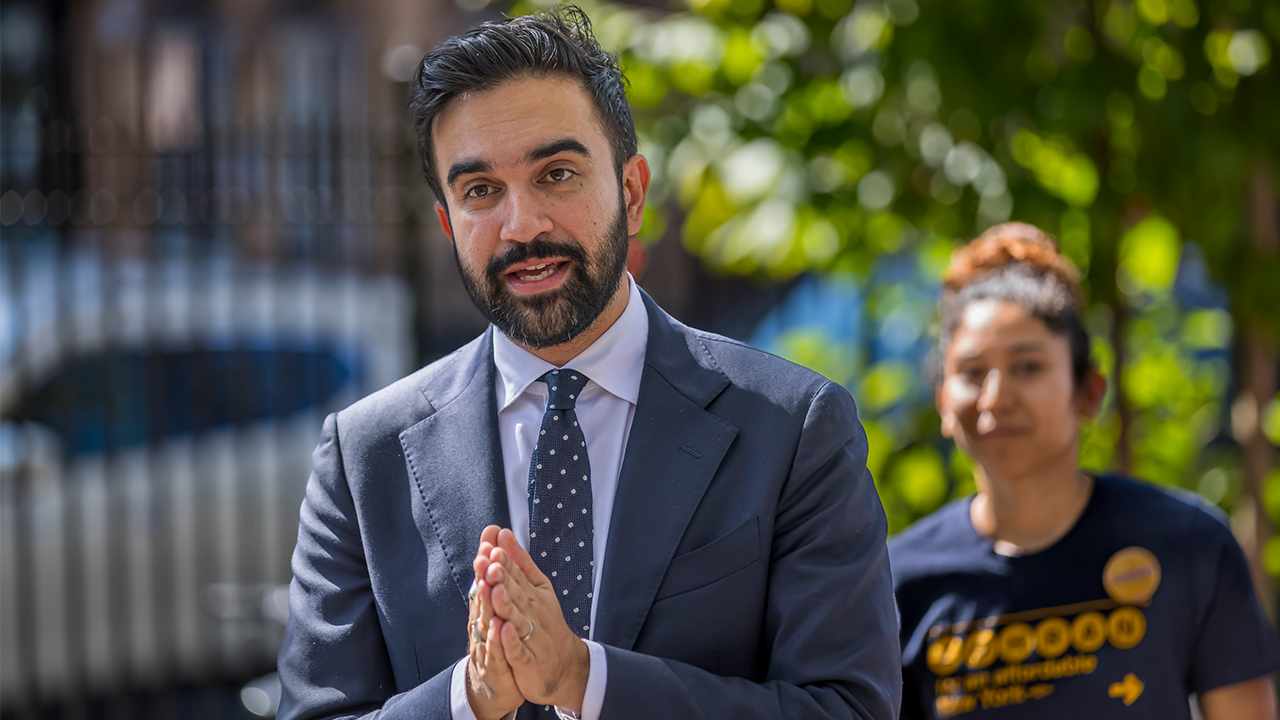




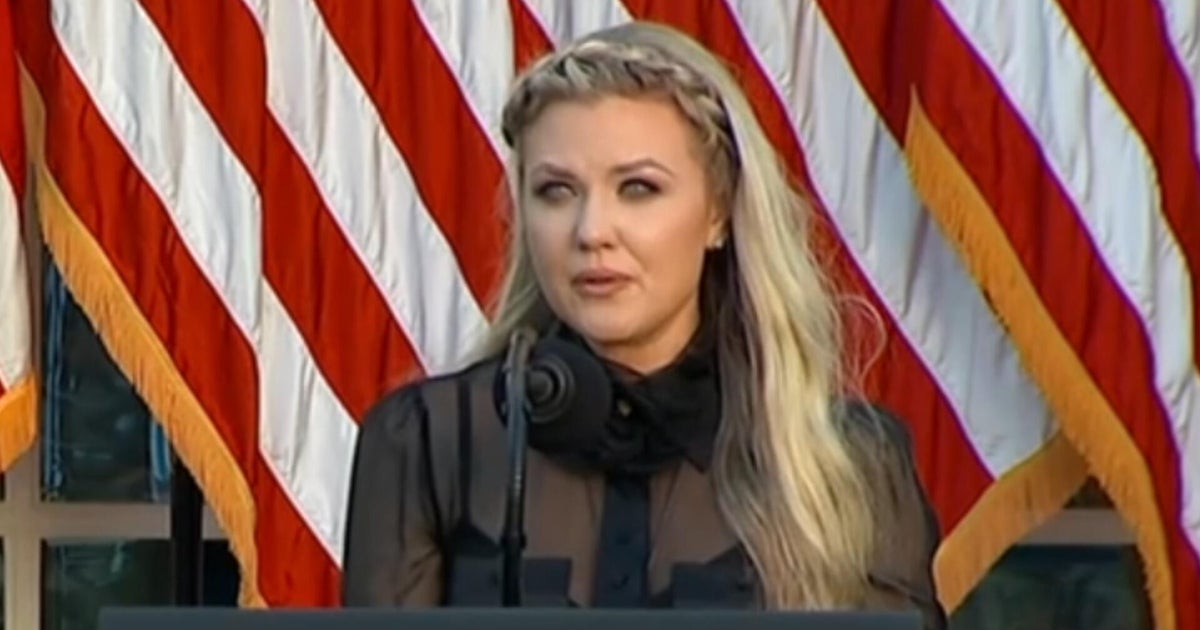

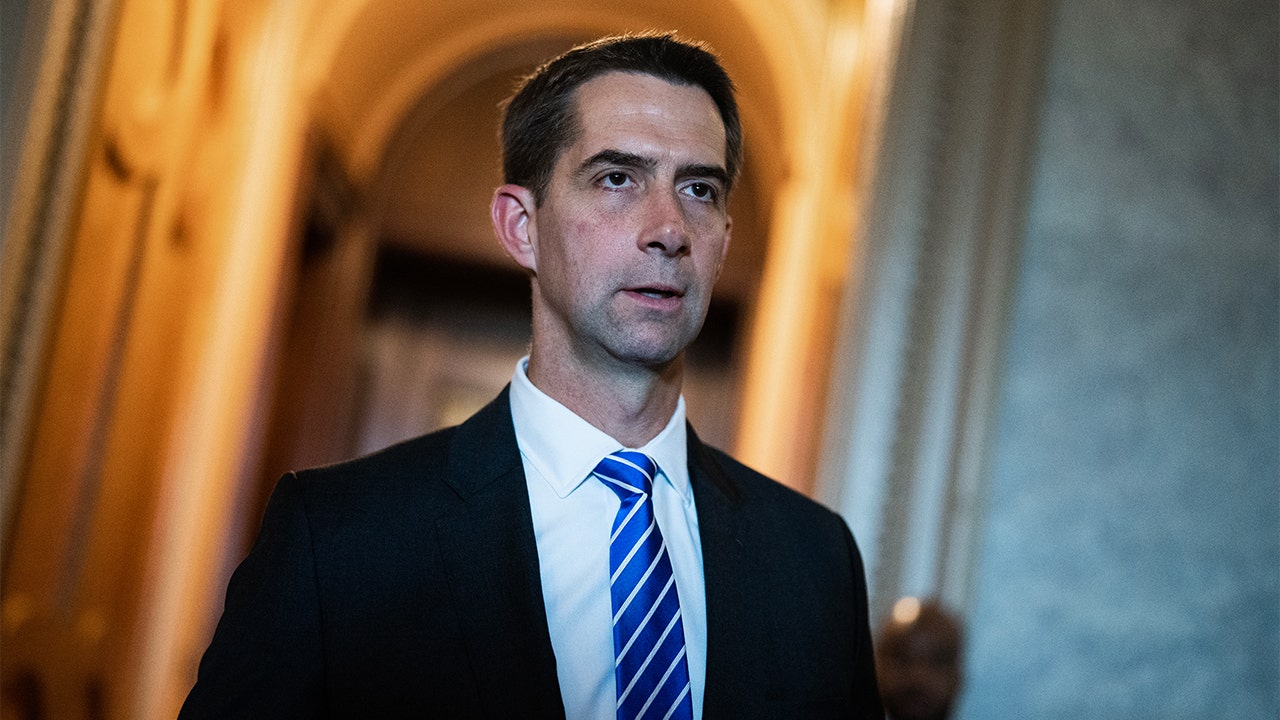



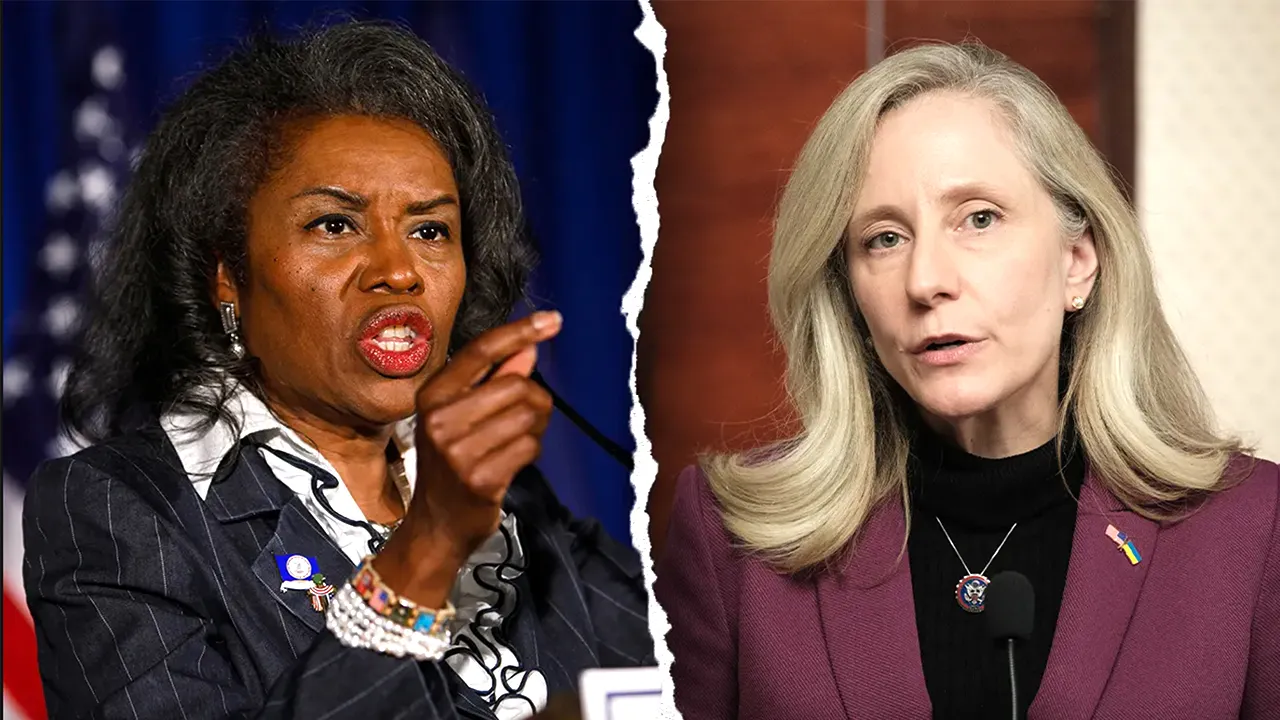








.jpeg)













 English (US) ·
English (US) ·